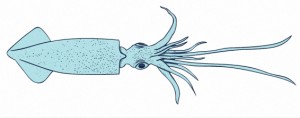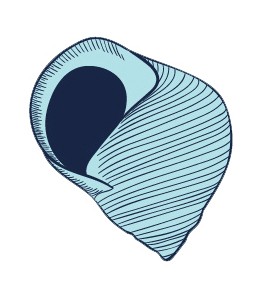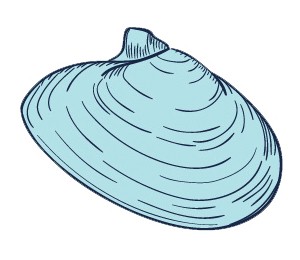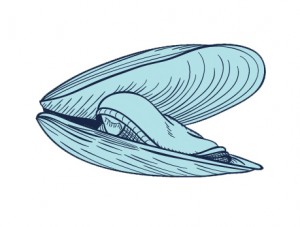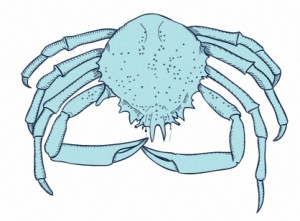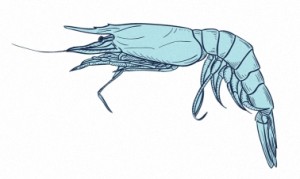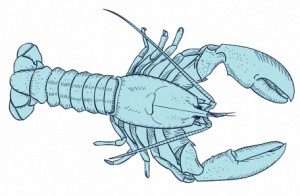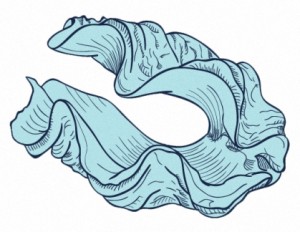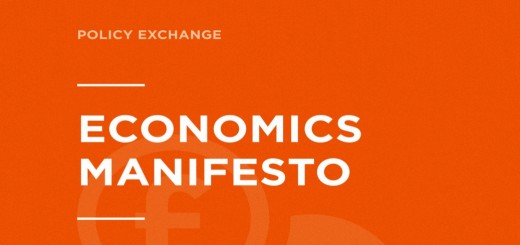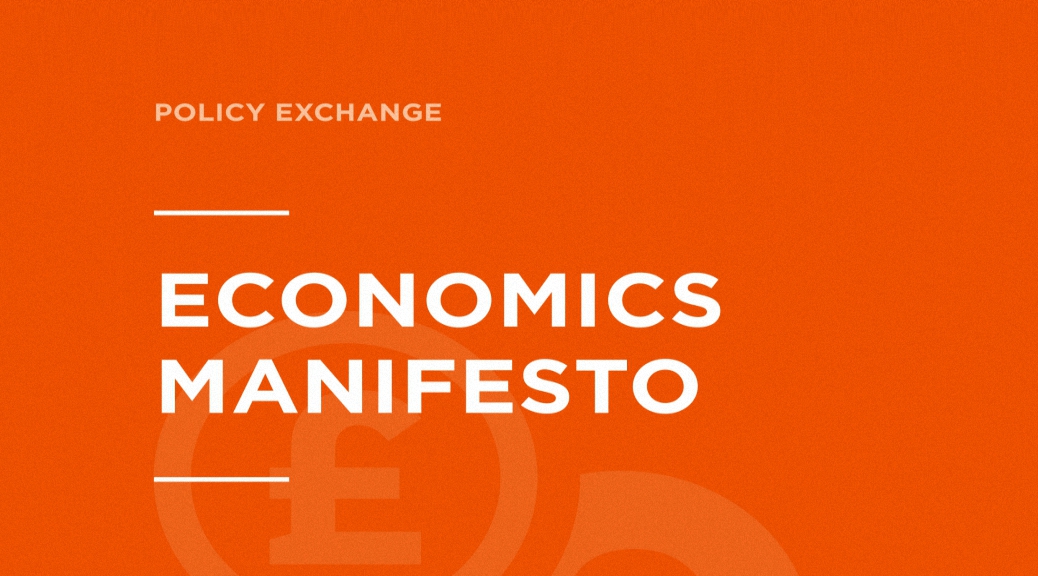The Banker and the Fisherman

Today’s post is about the parable of the banker and the fisherman.
Contents
The banker and the fisherman
I’m sure many of you will have come across this story before. This is an old and well-known tale whose author appears to have been forgotten.
Nowadays, since it is mostly told by Americans, the banker is a Yank and the fisherman is Mexican. For our purposes, let’s imagine an English banker and an Italian fisherman. ((We’ll ignore the inconvenient facts that these are both first-world countries, operating under similar political systems within the EU. I’m English, and if I were to go to live in a foreign fishing village, it would be in Italy.))
There are many versions of the parable, and here is mine:
A banker is on holiday at a fishing village in southern Italy. He sees a fisherman in a small boat by the pier with a handful of fish that he has just caught. The banker asks how long it took him to catch the fish, and the man says only a couple of hours.
“Why not stay out longer and catch more fish?” The fisherman says that he catches just enough to feed his family every day.
“But it’s only lunchtime. What do you do with the rest of the day?”
“I sleep late, then I fish, then I go home and play with my children. I take a nap in the afternoon, then stroll into the village each evening with my wife, relax, play the guitar with our friends, laugh and sing late into the night.”
“You should catch more fish to sell to others, and then buy a bigger boat with the money you make so you can catch even more fish!”
“And then what?” asks the fisherman.
“You can then buy a whole fleet of fishing boats, run a business, and make a ton of money!”
“And then what?”
“Eventually you’ll have enough money to leave this small town, move to the city, and run your business from there.”
“How long would all this take?” asks the fisherman. “Maybe twenty years.”
“And then what?”
“After another ten years you could sell the business. You would make millions.”
“And then what? After thirty years.”
“That’s the best part. You can move to a small village by the sea You can sleep late, fish a little, play with your kids, take naps in the afternoon, go for an evening stroll with your wife after dinner, relax, sing, and play the guitar with your friends.”
The moral
The point of the story is that money is a means to an end. Money doesn’t make you happy, it’s the things that you use it for (and not having to worry about it) that make you happy.
It’s also about work-life balance, both in the short-term (working for only part of the day) and in the long-term (not working for so many years that you have no time left to enjoy yourself).
Which are you?
The story invites you to consider whether you are a fisherman or a banker, and which you would like to be. Can you be both? If you’ve been a banker for fifteen or twenty years, can you ever go back to being a fisherman?
It also asks you to think about whether you might already have what you want, and what you need.
How people react
When people first hear the story they normally smile and say what a nice story. Then after a moment or two they say it doesn’t apply to their situation.They find a way to dismiss it, to forget about it. You have to forget about the story to be part of the rat-race in a consumer society.
When you ask people why the parable doesn’t apply to them they give you a couple of reasons.
Life’s too complicated
The first thing people say is that modern life is too complicated. You need to pay for school, for medical bills (this comes up in the US in particular). You need reserves and insurance against life’s risks. Which is all true.
But it’s wrong to see the story as an ad for subsistence living. That’s a hard life, with little protection from the natural disasters large and small that you see on the news every day. But it’s only a metaphor. This is not the Noble Savage myth retold.
If you weren’t born in a fishing village, that doesn’t have to be the lifestyle you aspire to. There are few environments protected from the competition that global capitalism brings. It’s a hard choice to go fully “off-grid”.
But just because you grew up in a society that glorifies the means over the end doesn’t mean that you have to go along with it.
The Spectrum
The point of the story is that the two characters are extremes on a spectrum. The fisherman lives for today, and doesn’t have a long-term plan. He expects everything to remain just as it is today. He doesn’t defer gratification or consumption.
This is a mistake. You need long-term goals and you need to work towards them. But your goal needn’t be the constant accumulation of more wealth, like the banker. ((Even the banker envisages a future where he lives in a fishing village, But do we trust him to put this plan into action?))
You need to be aware of the spectrum, and where you are on it. And you need to be sure that you are in the position that you want to be. You need to know why you are working your life away.
What would I do with my time?
The story invites you to think about what you would do with your time if you had enough money. Lots of people say that they wouldn’t know what to do. They like work.
This is just delaying the inevitable. Few people really want to work themselves into the ground. An exciting career is a great prospect at age 25, but when you’re 50 you might not be so keen on another twenty years of work.
A few of us are lucky enough to do what we love for a living, but most of us are not. And those special jobs – the ones you “can’t really call work” are oversubscribed and underpaid. They involve sacrifice.
So the sooner you work out what it is you’d rather be doing, the better. Then you can think about how to start doing it.
Conclusions
- This isn’t prescriptive. You need to find your own answers.
- Think about what you really want.
- How much of it do you have already?
- Unless you plan to die young, long-term financial security should be part of the picture, so work towards that.
- This involves living within your means. Save money every month. Don’t get into debt.
- Don’t overdo things. On the one hand, how much of this crap do you really need? On the other, there’s no need to make your own soap.
- Don’t over-complicate things. Choose the simplest route.
- Try to live in the moment and enjoy every day.
Until next time.
Sources
- Reddit, 2013
- Reddit, 2015
- Early Retirement Extreme
- Shellfish vectors by Freepik

